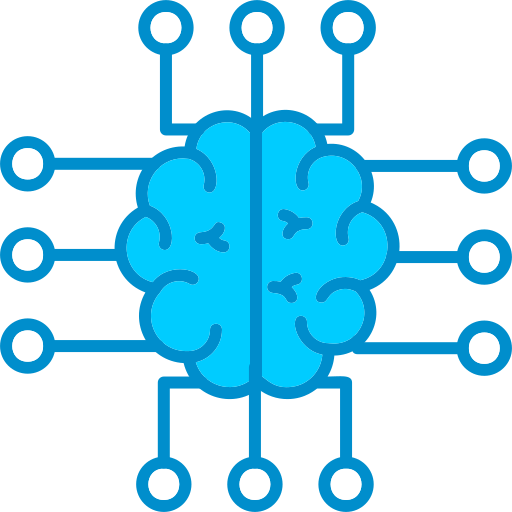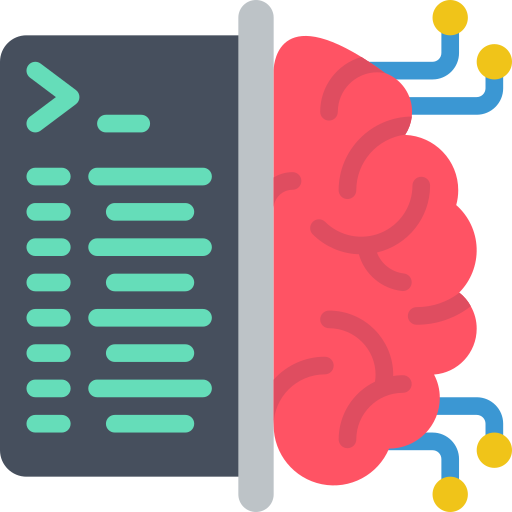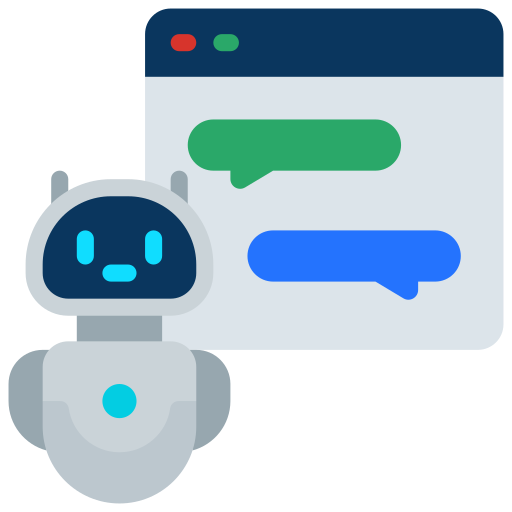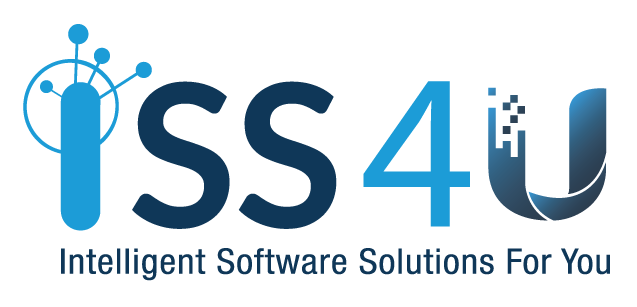Artificial Intelligence
- Home
- Technologies
- Trending
- Artificial Intelligence
Artificial Intelligence


Machine Learning
Machine learning is a foundational AI technology used at ISS4U. We employ a wide range of machine learning algorithms, including supervised learning, unsupervised learning, and reinforcement learning, to develop intelligent models that can learn from data and make accurate predictions or decisions. By leveraging techniques such as neural networks, decision trees, and support vector machines, we enable businesses to extract insights, automate tasks, and optimize processes.

Deep Learning
ISS4U harnesses the power of deep learning, a subfield of machine learning that focuses on training neural networks with multiple layers. Deep learning models excel at processing complex and unstructured data, such as images, audio, and text, enabling tasks like image recognition, natural language understanding, and speech synthesis. By utilizing frameworks like TensorFlow, PyTorch, and Keras, we develop and deploy deep learning models that achieve state-of-the-art performance in various domains.

Natural Language Processing (NLP)
ISS4U employs NLP technologies to enable machines to understand, interpret, and generate human language. We leverage NLP techniques such as sentiment analysis, named entity recognition, machine translation, and text summarization to extract insights from textual data, enable chatbots and virtual assistants, and automate language-related tasks. Through the use of libraries like NLTK, spaCy, and Gensim, we process and analyze vast amounts of text data with accuracy and efficiency.

Computer Vision
ISS4U utilizes computer vision technologies to extract meaningful information from images and videos. We employ techniques such as object detection, image classification, image segmentation, and facial recognition to enable applications like autonomous vehicles, surveillance systems, and medical imaging analysis. By leveraging frameworks like OpenCV and deep learning architectures, we develop robust computer vision models that can perceive and understand visual data.

Robotics and Automation
ISS4U explores the intersection of AI and robotics to develop intelligent systems that can perceive and interact with the physical world. We employ technologies such as sensor fusion, motion planning, and reinforcement learning to create autonomous robots, industrial automation solutions, and smart manufacturing processes. By integrating AI capabilities with robotics, we enhance efficiency, productivity, and safety across various industries.

Expert Systems
ISS4U develops expert systems that mimic human expertise and knowledge in specific domains. By employing rule-based reasoning, knowledge representation, and inference engines, we build intelligent systems that can make complex decisions, provide recommendations, and offer expert-level insights. Expert systems find applications in healthcare, finance, cybersecurity, and other knowledge-intensive domains.

AI-powered Virtual Assistants
and Chatbots
ISS4U leverages AI technologies to develop virtual assistants and chatbots that interact with users, understand queries, and provide relevant information or assistance. By combining NLP, machine learning, and dialogue management techniques, we create conversational agents that enhance customer support, streamline information retrieval, and improve user experiences.

Explainable
AI
ISS4U emphasizes the importance of explainable AI, ensuring that the decision-making process of AI models is transparent and interpretable. We employ techniques such as model interpretability, feature importance analysis, and rule extraction to provide insights into how AI models arrive at their predictions or decisions. This enables businesses to understand and trust the AI systems they deploy.
